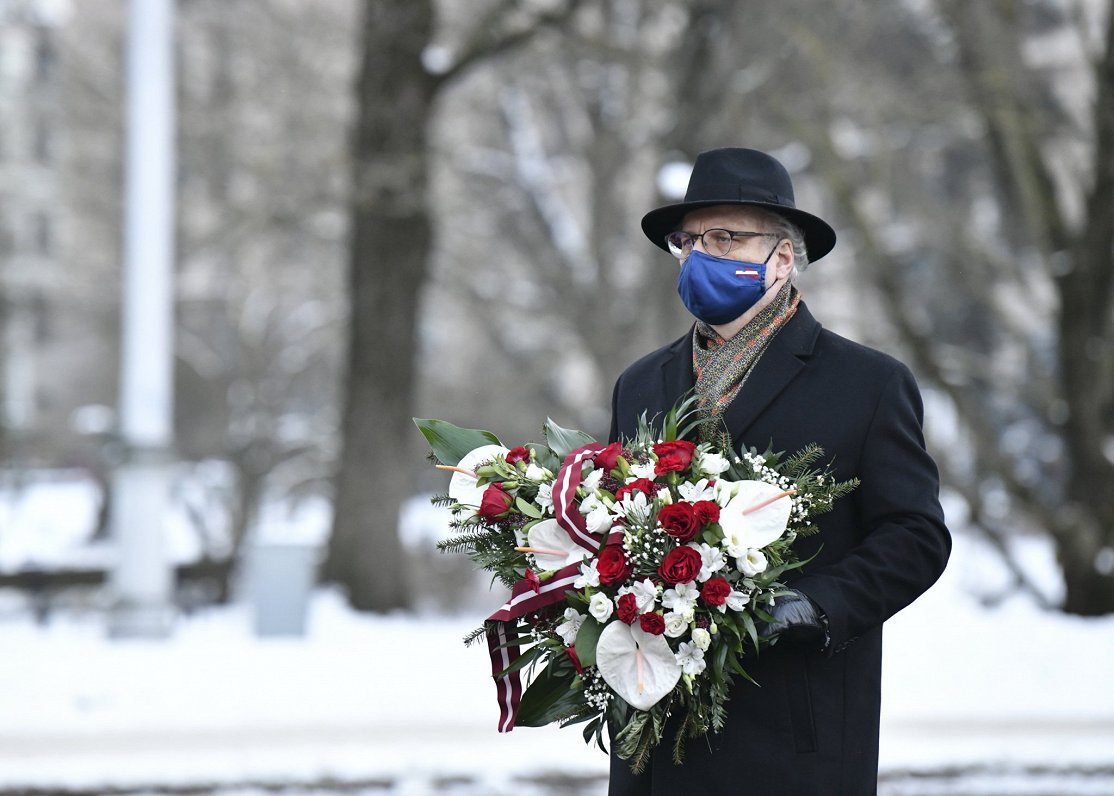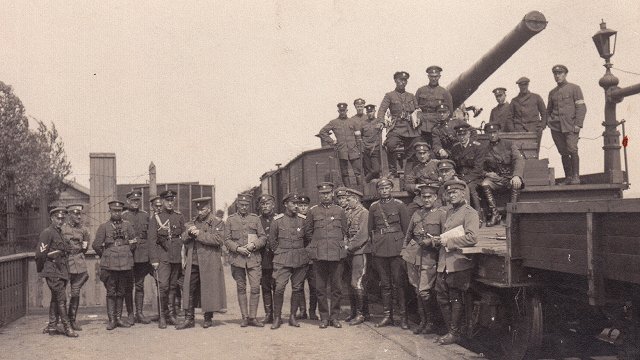In January 1991 people flowed into the capitals of the Baltic states and erected makeshift barricades around strategic locations like the parliament and the national radio station to protect them against Soviet troops that wanted to crush the Baltic nations' independence drive.
At one point, around 700,000 demonstrators had gathered on the streets of Rīga in a remarkable show of solidarity characteristic of the times of change.
Though this year no gathering can take place, candles and bonfires are being lit commemorating the time and the people who died during the events.
#Latvia marks 30 years since the Barricades- struggle for liberty and against the Soviet regime, we remember those who died. We are grateful to the democratic movement in Russia and elsewhere in the former USSR for the support at that time and stand in solidarity with them today pic.twitter.com/FlWKjSb9uU
— Edgars Rinkēvičs (@edgarsrinkevics) January 20, 2021
Flowers have also been laid by the Freedom Monument, at the Barricades square, Bastejkalns, the Meža cemetery, as well as by the former Interior Ministry building where the most brutal of the attacks by the Soviet special forces was carried out.
Latvia's President, ministers and other state officials are among those marking the occasion as well as the same ordinary folk who turned out 30 years ago to defy Moscow's attempt to force the Baltic states back under its control.



























